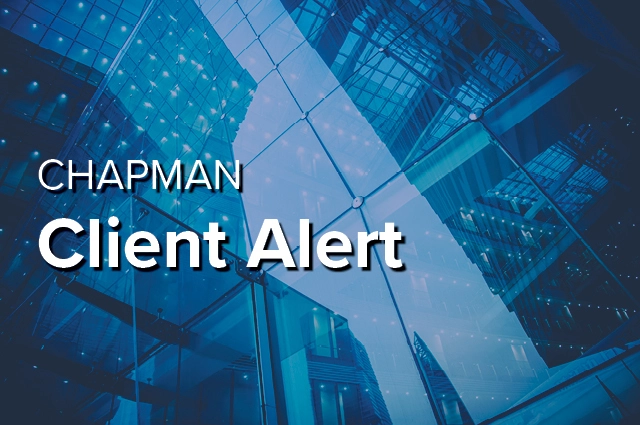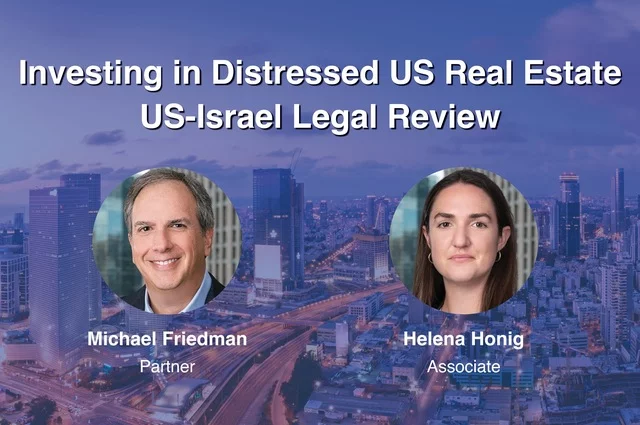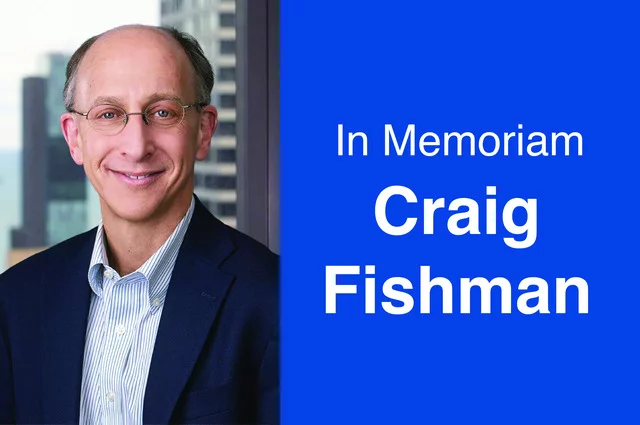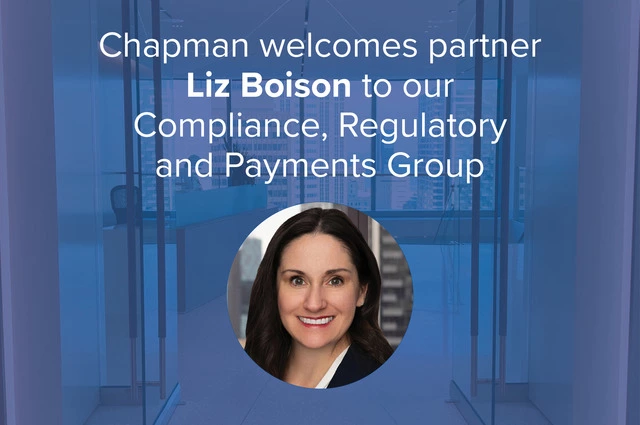- Topic: U.S. Supreme Court
2 matches.
On June 27, 2024, the United States Supreme Court ruled in favor of the United States Trustee, who had objected to Purdue’s plan of reorganization that granted releases of third party claims to members of the Sackler family in exchange for their contribution of up to $6 billion to the Purdue bankruptcy estate. Justice Neil Gorsuch, writing for the majority, found that the type of relief being granted to the Sacklers (i.e., a blanket shield from all existing or potential liability relating to the opioid crisis) represented the kind of “discharge” only available to debtors who have “placed all their assets on the table.”
The U.S. Supreme Court recently took up In re Grand Jury, No. 21-1397, from the U.S. Court of Appeals for the Ninth Circuit to address a common, recurring, and sometimes vexing question as to attorney-client privilege: how to apply the privilege to communications with counsel that contain both legal and non-legal advice? This is a particularly important question for corporate in-house counsel who, as the courts often say, “wear two hats,” providing both legal and business or policy advice to their employers.








